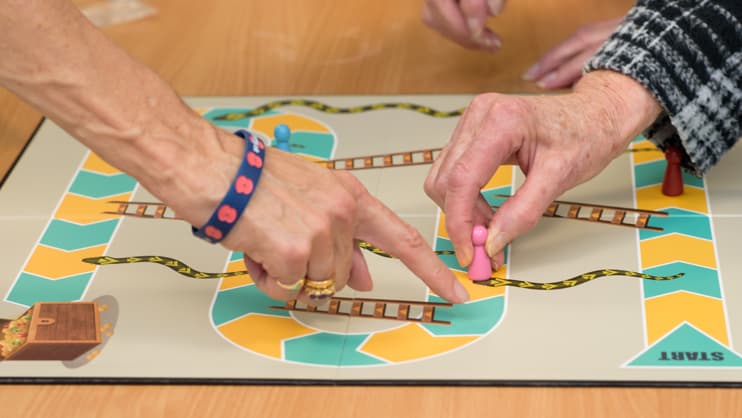There has long been speculation about how certain activities, such as puzzles or specific types of board games, might improve the efficacy of the brain. Such studies have often been inconclusive, but new research suggests that some board games for dementia patients may actually be beneficial.
This is research that has been conducted several times over the years, with the studies in question often needing to take place over several years in order to receive adequate results. If true, however, this could be yet another reason to engage with a pastime that has seen a boost in popularity throughout the 2020s.
Board Games For Dementia Patients
A meta-analysis of board games for dementia — a form of research that examines and draws conclusions from large samples of existing research — concluded that traditional board games might help to slow cognitive decline in older subjects.
However, it’s important to be aware that this is something likely affected by other circumstances, such as pre-existing biological and genetic factors in the subject.
Which Kinds of Games Are Most Effective at Battling Dementia?
Research also revealed that there are varying levels of efficacy based on the kind of game being played.
This makes sense when you consider how some types of board games are more mentally engaging than others – or use entirely different functions, such as those rooted in reflex and others in strategy.
In the study in question, the term ‘traditional board games’ is repeatedly used, suggesting more established games like Chess, as these might be more familiar to a wider group and therefore more commonly played.
However, just because more modern examples weren’t tested, that doesn’t mean that they don’t also have the potential to provide benefits.
Other Potential Benefits
Many people come to board games because it feels like a way of getting a break from screens, or spending time with friends without spending a lot of money. Board game venues like Chance & Counters clearly being popular in the parts of the UK where it’s established.
Additionally, puzzles have previously been thought to improve certain elements of mental functionality such as short-term memory and problem solving.
However, with the US tariff situation on board games being what it is, many are finding access to new games restricted and developers struggling to push the boundaries. For an industry that may have a genuine positive effect on people’s mental wellbeing, it is worrying to see it struggling to thrive.






